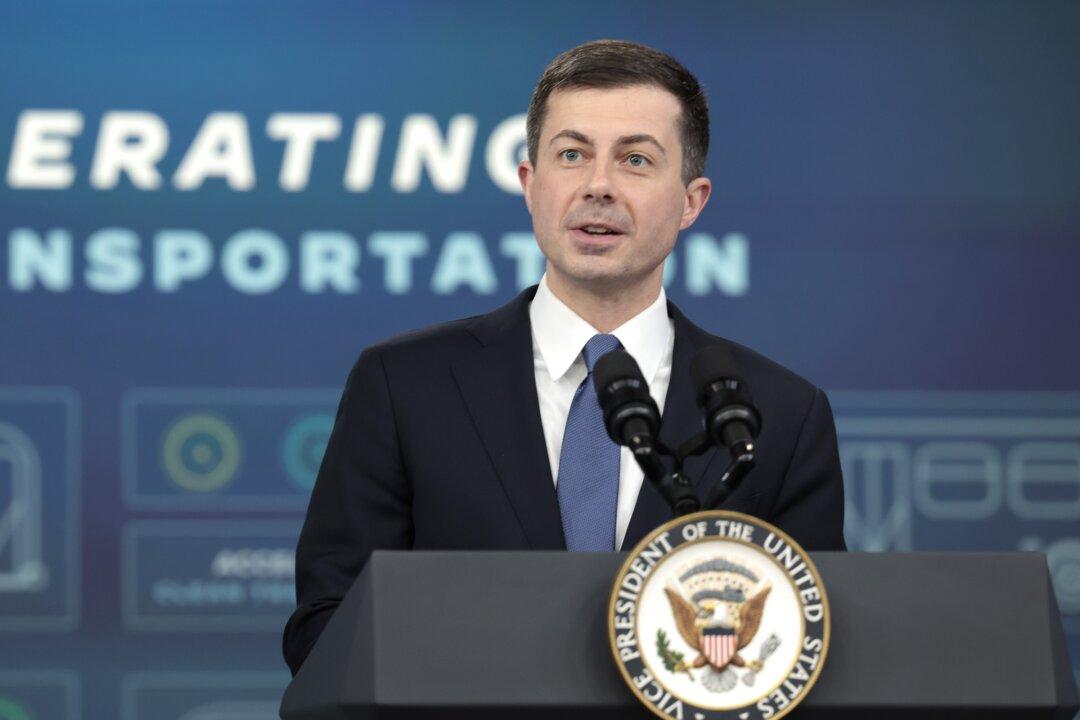Transportation Secretary Pete Buttigieg called on the rail industry and Congress to boost safety in the sector as the department proposed new regulations following the aftermath of the disastrous train derailment in Ohio earlier this month.
“Profit and expediency must never outweigh the safety of the American people,” Buttigieg said, according to a Feb. 21st press release by the U.S. Department of Transportation (USDOT). “We at USDOT are doing everything in our power to improve rail safety, and we insist that the rail industry do the same—while inviting Congress to work with us to raise the bar.”





